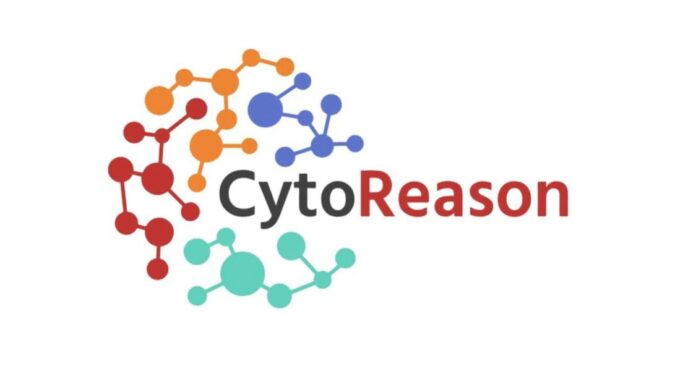
Pfizer is the latest company to turn to Israeli tech. When it comes to pharmaceutical giants, there are few that are larger than Pfizer. Founded over 150 years ago, the American company is one of the most famous and successful of its kind in the world. Developing and producing many different products – including the first Covid-19 vaccine approved for general usage – Pfizer makes over £50 billion in revenue annually. All this expertise and experience in researching new drugs therefore makes it even more impressive that Pfizer has turned to a new Israeli company for assistance in creating its latest medicines.
Founded in 2016 by scientists from Technion (the Israel Institute of Technology), CytoReason focuses on using machine learning to help assess the efficacy of new techniques. It does this with cutting-edge technology that simulates the effect of trails on the human immune system at cell level. Anything that can increase the accuracy of these trails has the potential to save considerable amounts of time and money.
CytoReason’s machine learning technology can even help with non-human biology. The company recently announced a new model for translating the effects of drugs on mice to humans – again, another method for saving time and resources given that all such products are first tested on these rodents.
Despite its young age, CytoReason’s partnership with Pfizer shows that it already has the potential to dramatically improve how new medications are developed. It also represents another showcase for the impact that Technion can have. Since 1912, the academic institution has been at the forefront of spearheading Israel’s scientific endeavours. Israel today is the country with the highest percentage of scientists and engineers – and the majority of them studied at the Technion, home to three of Israel’s five science Nobel Laureates.
Alan Aziz, CEO of Technion UK, commented: “One of the lessons of Covid-19 is how important it is to be able to quickly and safely develop new pharmaceutical products such as vaccines. It might seem remarkable that a huge company such as Pfizer has partnered with a tiny Israeli start-up to help develop the next generation of life-saving drugs, but this kind of impact is exactly what we’ve come to expect from Technion graduates.”









